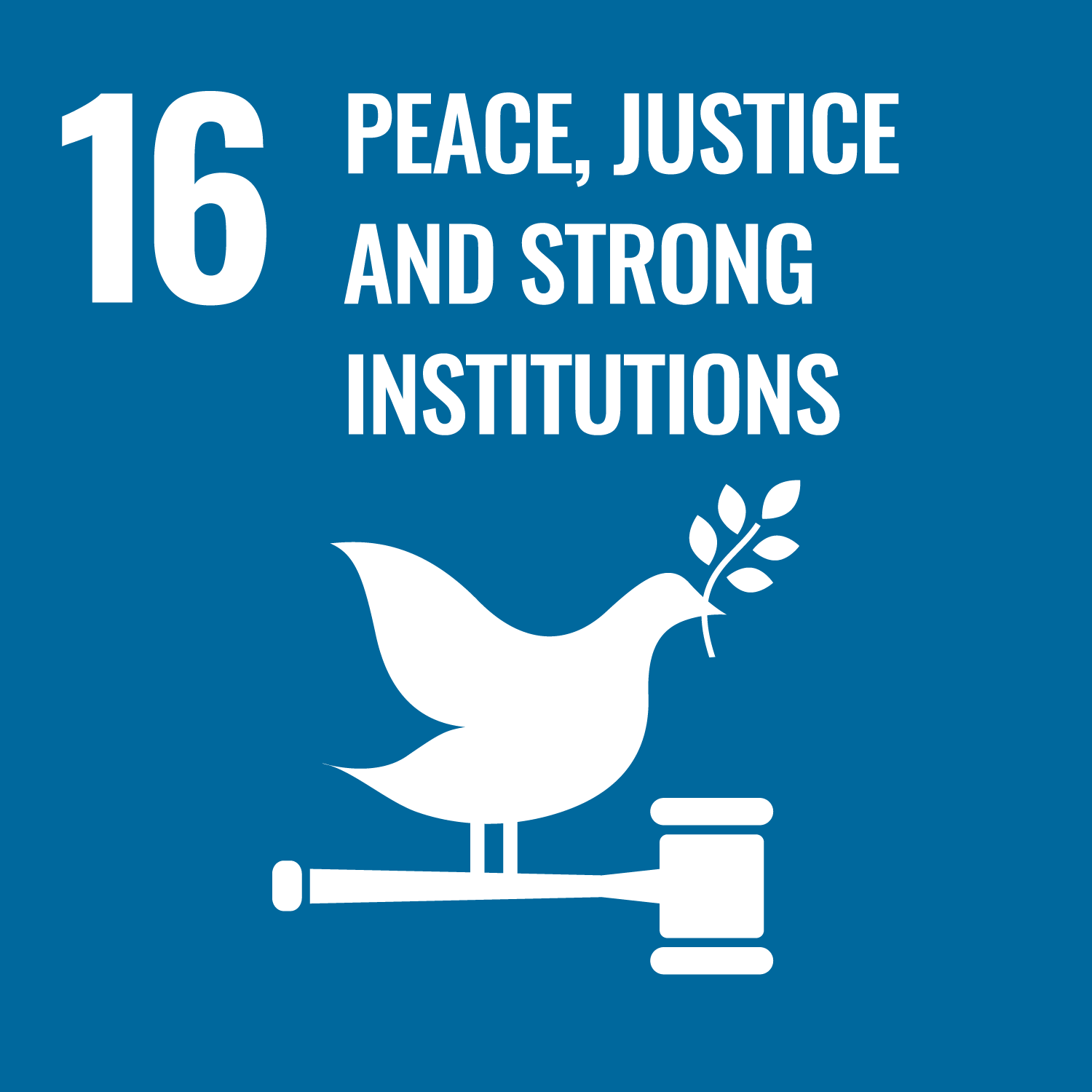The IE’s report presents the findings of an investigation—made up of a stakeholder consultation which elicited more than 50 submissions from Member States, civil society organisations, national human rights institutions, academics and one UN agency and a public consultation—into sexual orientation and gender identity (SOGI) motivated violence and discrimination globally.
The report is guided by the twin mandates of dialogue and intersectionality. The report covers the following sectors: education; employment; housing; health; religion; public spaces; political and public discourse; and backlash in the face of ultraconservative and ultranationalist groups. The overall findings are that SOGI-based discrimination is widespread and supported through political, religious and ‘traditional leaders’; the business sector and the media. The report provides some examples of intersectionality such as the ways in which misogyny, patriarchy and gender inequalities in combination with gender binarism specifically marginalise lesbian, bisexual, trans and gender diverse women; the ways disasters and crisis impact the lives of people with diverse SOGIE; and the ways diverse SOGIE can compound the marginalisation experienced by people living with disabilities, among other intersections. The report then discusses political participation and inclusion, among other topics, as tools to lessen the discrimination and violence for people with diverse SOGI.
The report concludes that violence and discrimination on the basis of sexual orientation and gender identity are perpetrated in a wide variety of public and private settings against LGBT persons. The report provides recommendations for reducing violence and increasing inclusion and safety and security of LGBT persons. Overall, the report found that people with diverse sexual orientation and gender identity and expression experience heightened violence and discrimination than heterosexual and cisgendered persons.








